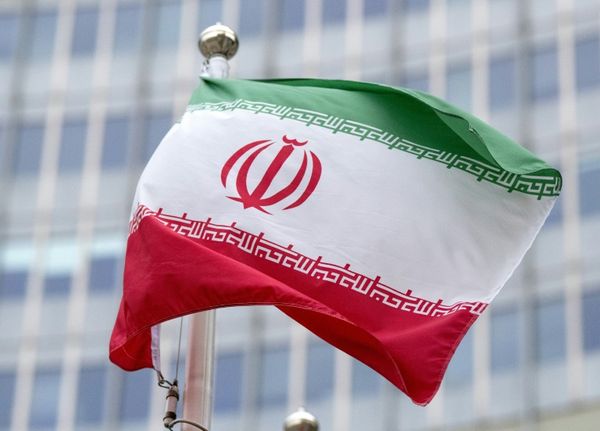On Friday, LPL Financial Holdings received a positive adjustment to its Relative Strength (RS) Rating, from 72 to 85.
IBD's unique RS Rating measures market leadership by showing how a stock's price movement over the last 52 weeks measures up against that of other stocks on the major indexes.
History reveals that the best stocks often have an RS Rating of above 80 in the early stages of their moves.
Hone Your Stock-Picking Skills By Focusing On These Factors
The IBD Big Cap 20 stock broke out earlier, but has fallen back below the prior 289.88 entry from a cup without handle. If a stock you're tracking breaks past a buy point then retreats 7% or more below the original entry price, it's considered a failed base. It's best to wait for the stock to form a new consolidation and breakout. Also keep in mind that the most recent consolidation is a later-stage base, and such bases are more prone to failure.
Taking a look at top and bottom line numbers, LPL Financial Holdings has posted rising EPS growth over the last three quarters. Top line growth has also risen during the same period.
The company earns the No. 1 rank among its peers in the Finance-Investment Banking/Brokers industry group. Stifel Financial and Freedom Holding are also among the group's highest-rated stocks.
RELATED:
Stocks With Rising Relative Strength Ratings
Why Should You Use IBD's Relative Strength Rating?
How Relative Strength Line Can Help You Judge A Stock
Ready To Grow Your Investing Skills? Join An IBD Meetup Group!







